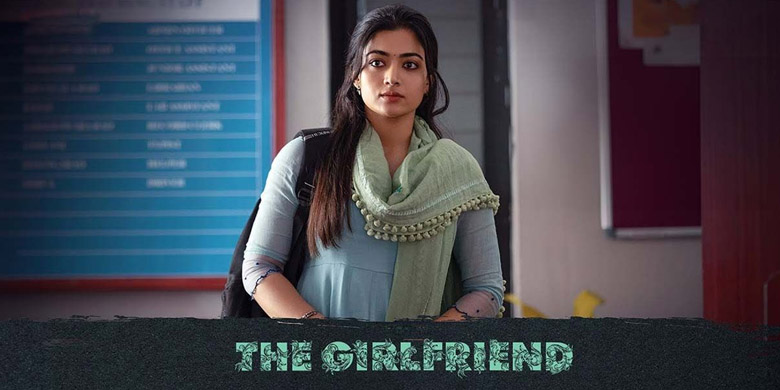I remember watching Anurag Kashyap’s DevD when I was still getting used to college life and memories of school were more powerful than college itself. I was watching Leni, played by Kalki Koechlin, folding up her skirt and folding down her socks before going to school and recognising her. I was watching Leni letting her boyfriend record her antics with a bubblegum in a suite where he took her, and later, her smile fading as she entered school and people followed her with their eyes, pointed at her and laughed at her. I remember this sinking feeling at the pit of my stomach that came directly from the screen before me. I was thinking it could have been me; it could have been my friends.
Image-based sexual abuse is not just a remote possibility now; reports of it are emerging from across India. Popularly known as ‘revenge porn’, it describes the increasing phenomenon of people sharing private, sexual images of their former partners on the internet with the central objective of shaming them. It also entails people sharing such images for reasons other than revenge, perpetrators of sexual assault or voyeurs recording and distributing such images as well as hackers accessing private pictures and sharing it on the web. In a recent case, a US-based Indian woman stood up against cyber bullying and blackmailing. She made the blackmail public, that eventually led to the perpetrator’s arrest.
The perpetrators may even use such images to coerce a victim to follow certain instructions under the threat of sharing them, like a rejected partner trying to get things back to where they stood or a sexual assault perpetrator trying to prevent the victim from approaching the police. Many recent articles throw light on the market of rape sale videos in Uttar Pradesh.
A number of movies on this subject has helped build awareness on the issue and has brought it home for a lot of us who have been watching such movies.

Text: What are you when I stop talking to you? Image Credit: A still from the film.
Leni’s situation arises from a person she felt close to and trusted in. On the other hand, the 2015 Cyberbully shows an anonymous hacker trying to control the life of a teenager, Casey, by threatening to share inappropriate photos of her and her friends which he has extracted from the web. Casey is played by the Game of Thrones star, Maisie Williams. The perpetrator here derives his power from his anonymity and the sense that society and families fail to stand by victims (as in Leni’s case). Both these factors scare Casey to a point that she is unable to ignore the hacker or seek help from others. In the context of the Indian society where sex is still considered taboo, it is difficult to imagine the fear of social alienation an Indian Casey might feel.
In Cyberbully, the perpetrator breaks down Casey’s defenses by making her feel guilty of her online activities. Casey is stripped of her autonomy out of the fear of being slut-shamed and is able to fight back only when she decides that she will stand up for herself and not be intimidated. In a powerful scene at the end, she asks the hacker, “What are you when I stop talking to you.” Casey survives her ordeal by deciding that survival is more essential than the fear of society or family. In DevD, Leni survives by acknowledging that she has to look out for herself even after society and family abandon her. The victims in these movies, both women, wage a lonely fight. According to a Cyber Civil Rights Initiative research, 90% of victims of this type of harassment are women. This is because society slut-shames women and holds them to standards that are not applicable in the case of men.

Image Credit: Official Poster, Sex Tape 2014
This brings me to the third movie on this front, a comedy called Sex Tape, starring Cameron Diaz (Annie) and Jason Segel (Jay) as husband and wife. The couple mutually consents and records a sex tape that ends up on the internet as a result of their lack of technical know-how. The rest of the film is about their endeavors to retrieve the same. In a scene where the couple is hyperventilating over the loss of their privacy, Annie tells Jay that he had himself claimed that nobody watches the man in a sex tape. This comment points to the male gaze that takes precedence in a social narrative, where women are punished for not living up to patriarchal standards, and at the same time, drooled and fantasised over from behind the veil of anonymity, in this case, the web.
Also read: “Internet – A Dark Carnival Of Humanity’s Wretched Impulses”: John Oliver
About the author(s)
A journalist by profession, I love reading and finding out about different countries, cultures and people.




